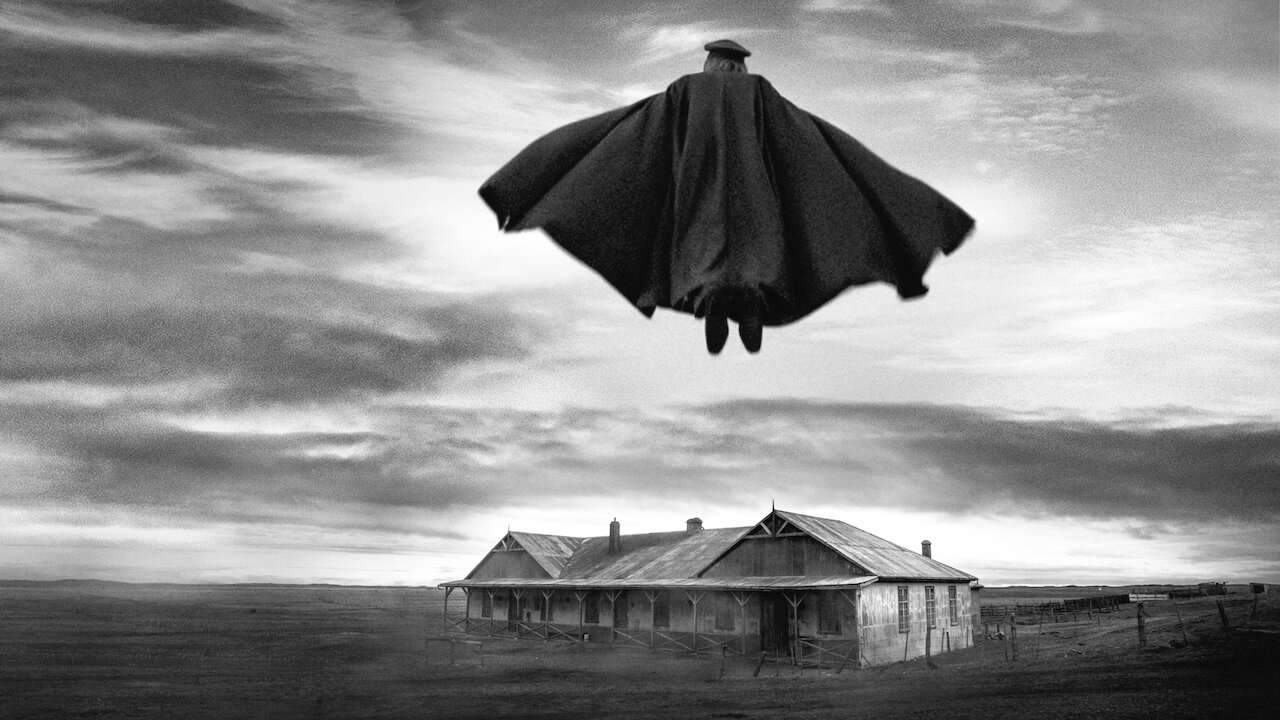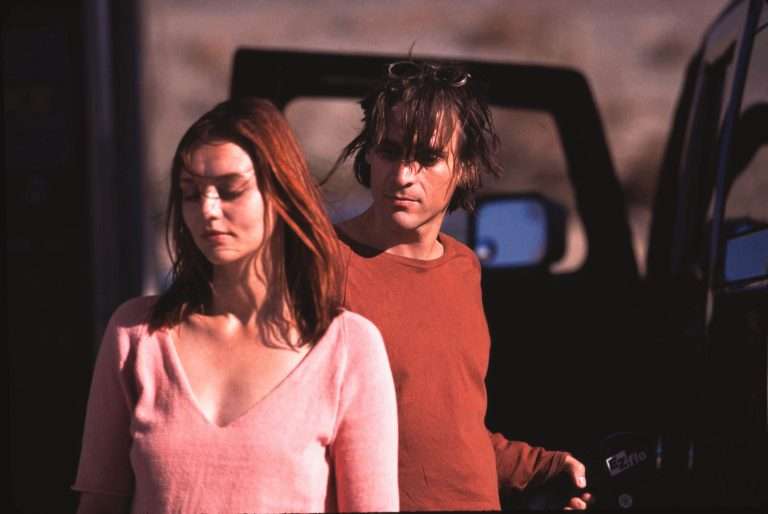After a successful US-backed coup in the 1970s, the dictator Augusto Pinochet ruled the South American Republic of Chile for nearly two decades, from 1973 to 1990. During that period, which is the longest of any Chilean leader in history, Pinochet was responsible for the execution, torture, and/or internment of tens of thousands of dissidents. The former general was eventually charged with hundreds of counts of criminal activity, which remained pending until his death on the 10th of December, 2006. That bit of Chilean history is necessary homework for anyone who wants to enjoy director Pablo Larraín’s El Conde to the fullest. A fantastical satire set in the present day, the film reimagines Pinochet as an immortal vampire who fakes his death to escape the authorities.
In that vein, the title is quite fitting – El Conde is Spanish for The Count. The premise poses a fun middle finger to the memory of the dictator, who enacted a number of policies meant to censor art and media to suit the state’s interests. The film opens with a sequence that presents a fictional backstory for the vampiric political figure, going over his youth as a soldier in the French Royal Army and his eventual move to Chile. In the present, the former dictator (played by Jaime Vadell) lives with his wife (Gloria Münchmeyer) and butler (Alfredo Castro) on an island ranch far away from civilization. After a string of grisly murders in the city of Santiago, Pinochet’s five children arrive at the island, suspecting their father to have returned to his old ways.
That is not to say they get together in order to stop their father. No, the children intend to claim their inheritance before their father is found to be alive and a literal blood-sucking monster. To do so, they hire an accountant (Paula Luchsinger), who has ulterior motives of her own. The script (co-written by Larraín and playwright Guillermo Calderón) is utterly unsympathetic to all the characters. The film’s opening is very promising, painting an alternate history for the titular count that takes some well-realized, blood-soaked liberties with the facts.
El Conde is, first and foremost, a satire, but it owes a lot to the horror genre. Scenes of vampires going on hunts are backgrounded by Juan Pablo Ávalo and Marisol García’s overbearing score, and Larraín does not shy away from the bloodlust of his subjects. The number of beheadings, stabbings, and impromptu butcherings in this film is very high, and a prominent subplot revolves around vampires making heart smoothies in blenders. The intent here is to depict how evil is expressly normal for these despicable characters, and the matter-of-fact presentation of these atrocities is hilarious – particularly since the script has a documentary-style narrator explaining everything to the audience.

The narration is actually one of the most interesting parts of El Conde. Voiced by actress Stella Gonet, the disembodied narrator sounds like a very posh British woman who interjects in proceedings with abandon and is the only English-speaking character in the film. This forms the basis for a hilarious twist late in the picture, highlighting a very pointed view of Chile’s history and the core of Larraín and Calderón’s project. Other characters receive far less attention, though Alfredo Castro terrifically plays Fyodor, Pinochet’s right-hand man. The performance is restrained and intense, speaking to the unspeakable bond that has formed between these two evil men.
The major highlight of the cast, however, is Paula Luchsinger, who delivers a truly star-making turn. With her incredibly expressive eyes and short-cut hair, the actress brings Bibi Andersson (particularly in Persona) or Jean Seberg to mind. Besides her great beauty, she is able to gracefully thread the tonal mishmash inherent to El Conde’s dialogue, jumping from sympathetic to sardonic within a single sentence.
It’s clear that Larraín and his cinematographer Ed Lachman are in love with Paula – she forms the basis for many of the film’s greatest imagery, including a late montage that allows her to soar in literal and figurative ways. As of the time of this review’s writing, the Chilean actress does not even have an English Wikipedia page – that is about to change, and very soon.
Speaking of Ed Lachman, El Conde owes everything to his breathtaking black-and-white imagery. The ASC veteran has collaborated with the likes of Todd Haynes, Werner Herzog, and Wim Wenders, and his work here is absolutely sumptuous. Seen through Lachman’s lens, Chile is a land of easily-differentiable contrasts, where evil is starkly visible in any light. Lachman also makes great use of rear projection for scenes in which characters fly and places his subjects expertly in his wonderful compositions. The beauty of some of the frames may actually hurt the project over time – they are so well done they risk turning this version of Pinochet into something iconic.
For as formally spectacular as El Conde is, it is held back by a tepid political center. Larraín and Calderón never progress past their original, quite ingenious, premise: the only way they could reason the evil of a man such as Pinochet was to reimagine him as a literal monster, part of another species entirely, surrounded by individuals who want to become inhumane. The setting of El Conde is pitch-black and rife for real biting satire, but the script doesn’t allow for it. It’s content to stop at the dictator-as-vampire bit, and there is only one small inversion of this towards the end.
The satire is, hence, quite simplistic – the farce is overbearing, disallowing the entry of any real insight. There are no real characters here, despite the efforts of a very talented cast. While speaking about the film, Larraín said the filmmakers were “not going to make a realistic story because the realistic version could trigger empathy, and that is very dangerous. We’re [sic] going to do a satire, a farce.” That reluctance to introduce a real character has led to a disappointingly one-note film. Hearts in blenders, occasional beheadings, and eternal greed. Larraín does not allow us to feel anything besides scorn.






![Mad God [2021]: ‘Locarno’ Review – A Bizarre, Surrealist Cinematic Experience](https://79468c92.delivery.rocketcdn.me/wp-content/uploads/2021/08/Mad-God-768x576.jpg)